简体中文
繁體中文
English
Pусский
日本語
ภาษาไทย
Tiếng Việt
Bahasa Indonesia
Español
हिन्दी
Filippiiniläinen
Français
Deutsch
Português
Türkçe
한국어
العربية
Forex Broker Scams: How to Identify and Avoid Fraudulent Platforms
Abstract:Discover how a no spread forex broker works, its benefits and risks, and how to choose a regulated zero-spread trading platform safely.
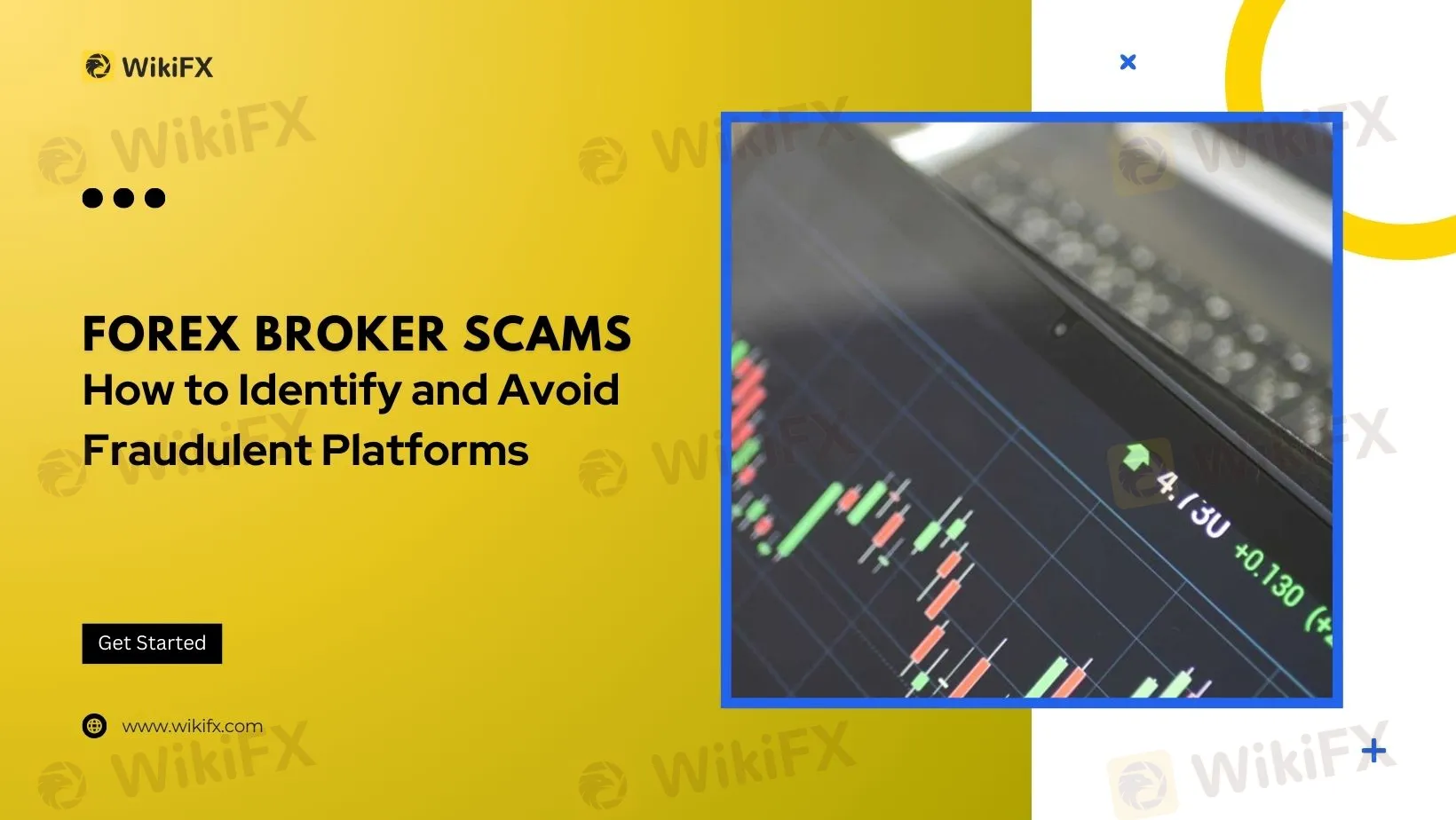
The growth of online trading has created new opportunities for investors, but it has also given rise to a surge in forex broker scams. These fraudulent operations often disguise themselves as legitimate brokers, targeting unsuspecting traders with promises of high returns, low costs, and “guaranteed profits.” Understanding the common tactics used by scam brokers — and how to protect yourself — is essential for anyone involved in forex trading.
Common Tactics Used in Forex Broker Scams
One of the most frequent methods is the fake licensing claim. Scam brokers often display fabricated or stolen regulatory numbers, giving the impression that they are authorised by respected bodies such as the FCA, ASIC, or CySEC. In reality, these details may belong to unrelated companies, or the regulator may have already issued warnings against them.
Another tactic is manipulated trading platforms. Fraudulent brokers may operate software that falsifies price movements, delays execution, or even blocks profitable trades. This creates the illusion of normal market conditions while ensuring that the trader loses money over time.
Withdrawal obstruction is another hallmark of a scam. Victims may find it easy to deposit funds but face endless delays, sudden “compliance” checks, or unexpected fees when they attempt to withdraw. Some scam brokers go further by demanding additional deposits before releasing any existing balance — a tactic known as the “advance fee” scam.
Aggressive marketing is also common. Scam brokers frequently use social media ads, unsolicited calls, or email campaigns to lure traders into opening accounts. These ads often feature fake testimonials, fabricated news articles, or impersonations of public figures to build false credibility.
Real-World Examples
In recent years, regulators worldwide have issued warnings against numerous unlicensed brokers. For instance, certain offshore companies have been caught cloning the names of reputable firms to gain trust. Others operate entirely outside the oversight of any financial authority, making it nearly impossible for victims to recover their funds once the scam is exposed.
How to Protect Yourself from Forex Broker Scams
The most effective way to avoid scams is through verification. Always check a broker‘s licence directly with the official regulator’s database, ensuring the company name and registration number match the details on the brokers website.
It is equally important to test withdrawal procedures early. Depositing a small amount and successfully withdrawing it can reveal a lot about a brokers operational integrity. Traders should also be wary of offers that sound “too good to be true,” such as zero risk, guaranteed returns, or extremely high leverage without regulatory restrictions.
For those who prefer a quicker verification process, tools like WikiFX provide consolidated regulatory data, risk warnings, and user reviews. By searching for a broker on WikiFX, traders can confirm its licensing status, identify any regulatory alerts, and compare it against other regulated platforms.
Final Thoughts
Forex broker scams exploit trust, inexperience, and the desire for quick profits. By recognising the warning signs, verifying licences, and using independent research tools, traders can significantly reduce the risk of becoming victims. Caution, due diligence, and reliable information are the best defences against these schemes.
Disclaimer:
The views in this article only represent the author's personal views, and do not constitute investment advice on this platform. This platform does not guarantee the accuracy, completeness and timeliness of the information in the article, and will not be liable for any loss caused by the use of or reliance on the information in the article.
Read more
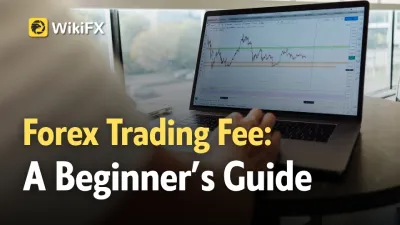
What Is Forex Trading Fee? A Beginner’s Guide
Understand forex broker fees and trading costs in detail. Explore fee comparisons, learn to reduce expenses, and maximize your profitability with practical forex trading tips.
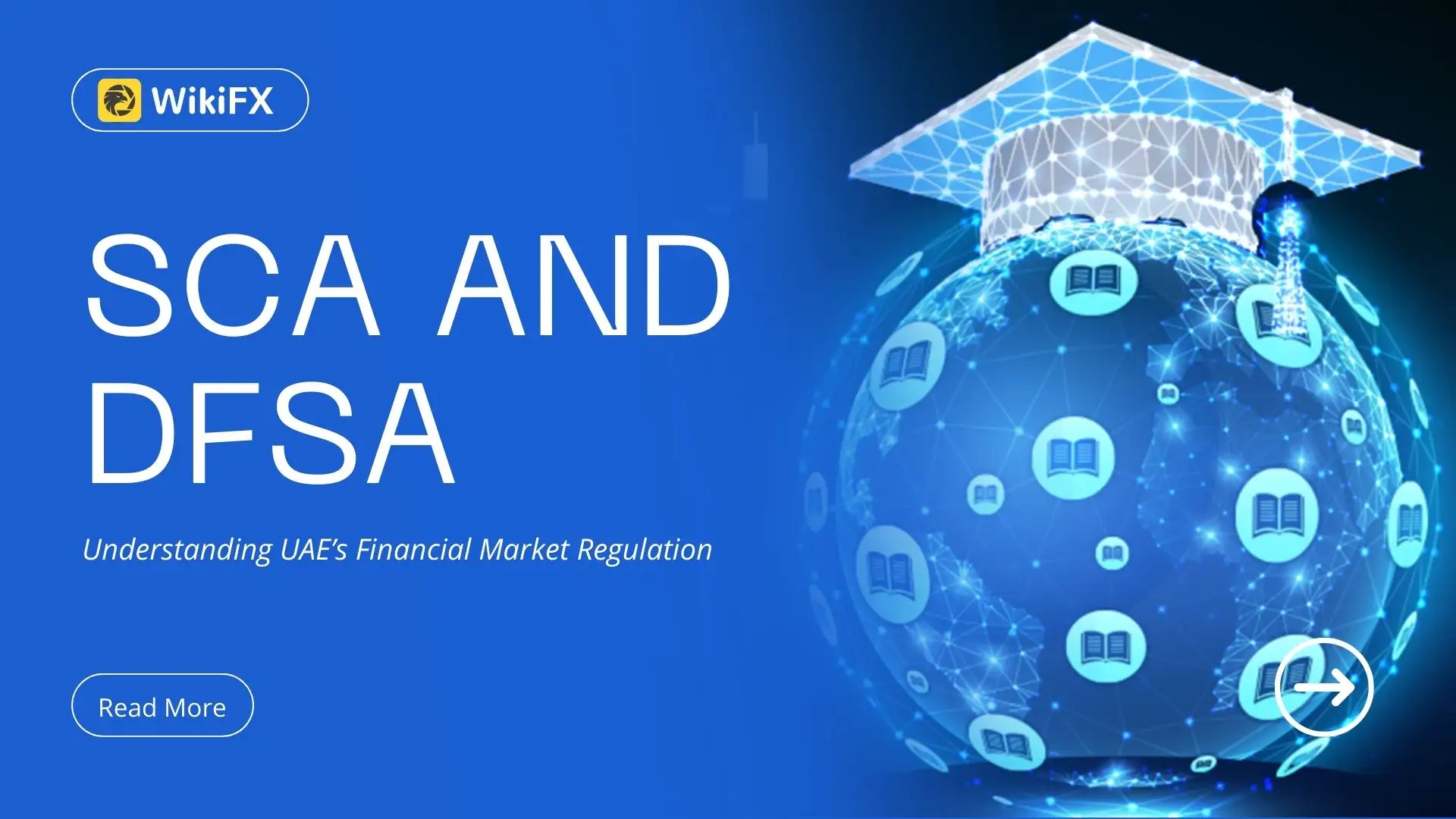
Understanding UAE’s Financial Market Regulation: SCA and DFSA
Learn how the SCA and DFSA oversee financial services in the UAE, and explore official lists of licensed institutions for a secure and transparent market.
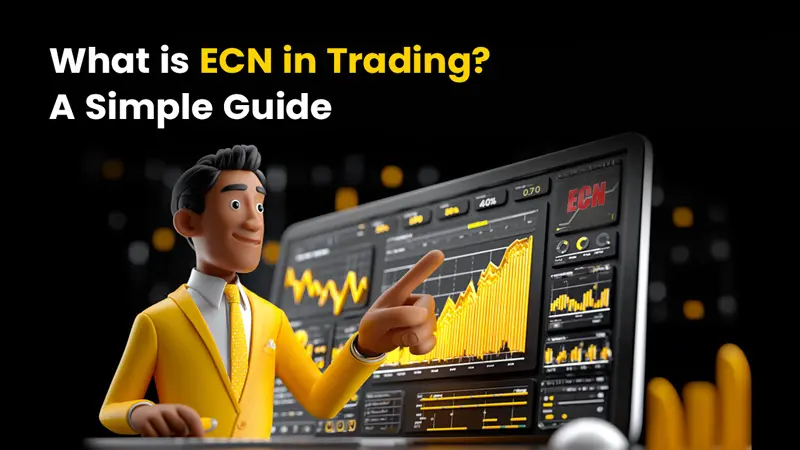
What is ECN in Trading? A Simple Guide
ECN stands for Electronic Communication Network. A technology-driven marketplace that directly connects buyers and sellers, including banks, hedge funds, brokers, and retail traders, allowing orders to be matched without the broker acting as the counterparty. In forex and CFD trading, ECN execution is prized for transparent pricing, raw spreads, and faster order matching.
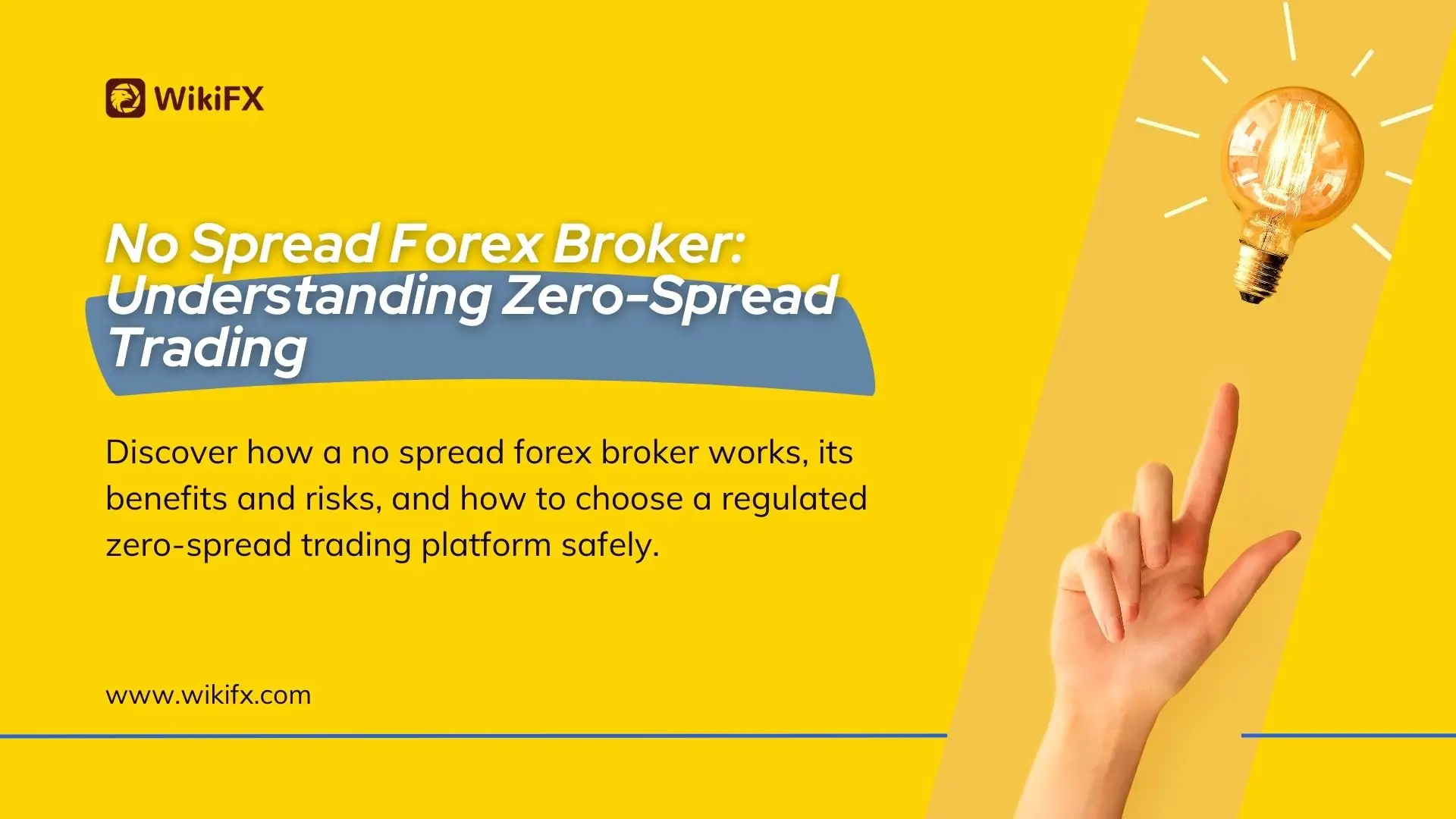
No Spread Forex Broker: Understanding Zero-Spread Trading
Discover how a no spread forex broker works, its benefits and risks, and how to choose a regulated zero-spread trading platform safely.
WikiFX Broker
Latest News
How 3 Simple Steps Cost a Businessman INR 4 Crore in a Forex Scam
PrimeXBT Expands FSCA Licence and Enhances Crypto Services in 2025
Quotex Broker Review 2025: Is It a High-Risk Broker?
Is CBCX a Safe and Trustworthy Broker for Traders?
TopFX Launches Synthetic Indices Trading on cTrader Platform
Is TradeEU Reliable in 2025?
How Commodity Prices Affect Forex Correlation Charts
Professional Forex Trading: Skills, Tools, & Strategies for Success
Investing in OnFin? Absurd Withdrawal Conditions & Trade Manipulation May Spoil Your Trading Mood
Top 5 Warning Signs- Why You Should Avoid MTrading Broker?
Currency Calculator


